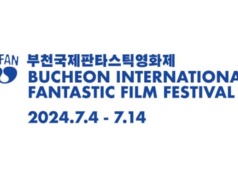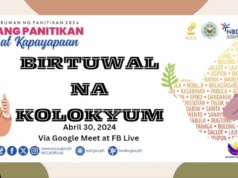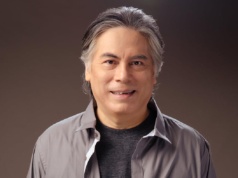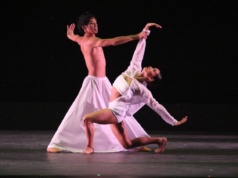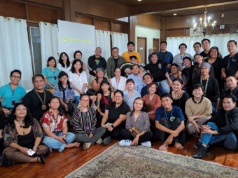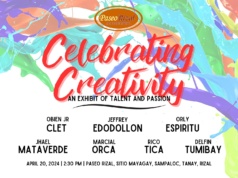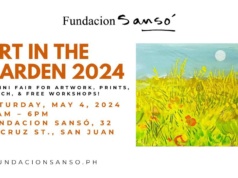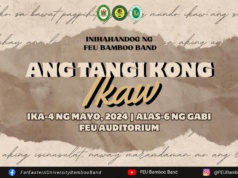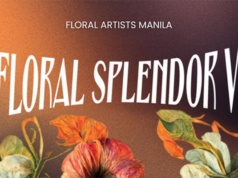by Laura C. Mallonee on May 29, 2015
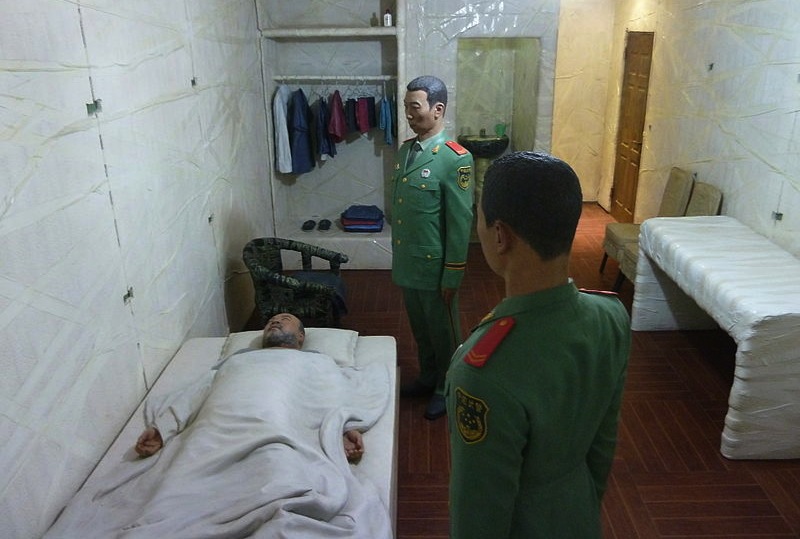
Over the past several months in Cuba, artist Tania Bruguera has been repeatedly detained for her subversive public performances. In China, Ai Weiwei lives under continual surveillance and has been banned from leaving the country. Though such tales of political persecution of artists frequently prompt human rights campaigns and petitions, a well-funded effort to help them has been lacking until now.
On Tuesday, the Institute of International Education (IIE) announced a three-year pilot program that will provide artists “who face persecution in their home countries” with fellowships at universities and art centers “in countries where they can safely continue their work,” giving them spaces free from censorship or reprisal. The Artist Protection Fund (APF) has been partly endowed by a $2.79 million grant from the Andrew W. Mellon Foundation.
While it looks to be the first of its kind for artists, the program follows the IIE’s Scholar Rescue Fund (founded in 2002), which offers financial assistance to academics facing dangers in their home countries. Similarly, Human Rights Watch provides Hellman-Hammett Grants to writers antagonized by their governments.
“As in the case of persecuted scholars, threats against just one individual artist can have an immediate chilling effect on entire artistic communities,” IIE President Allan Goodman said at an event at the Museum of Fine Arts in Boston. “The Artist Protection Fund will connect artists to opportunities in a way that provides mutual benefit to both the artists and the arts organizations. Our goal is to build connections and skills that will help the artists to thrive after the fellowship is over and enrich the artistic communities that host them.”
The IIE is currently calling on universities, education programs, arts residencies, and artistic communities of all stripes to become hosts. Participating organizations are expected to match IIE funding by providing artists with housing, studio space, and supplies.
Though further details have yet to be announced, it will be a fascinating project to watch unfold. It’s hard to say whether artists today are more politically persecuted than they were in the past, but social media certainly makes it seem so, bringing greater awareness to such cases. Last year was a particularly terrible year for artistic freedom: dozens of artists were attacked, imprisoned, and even killed.
Source: Hyperallergic

